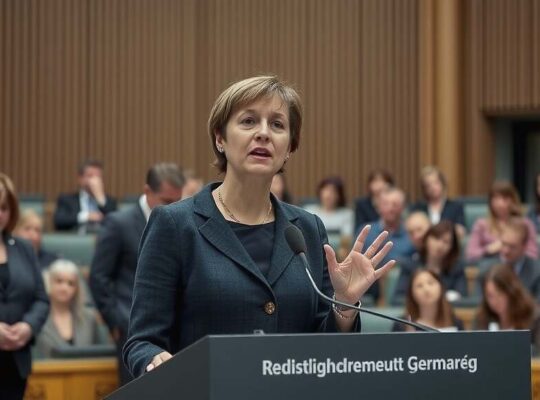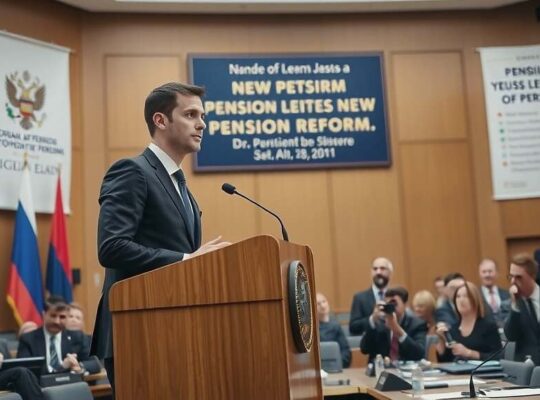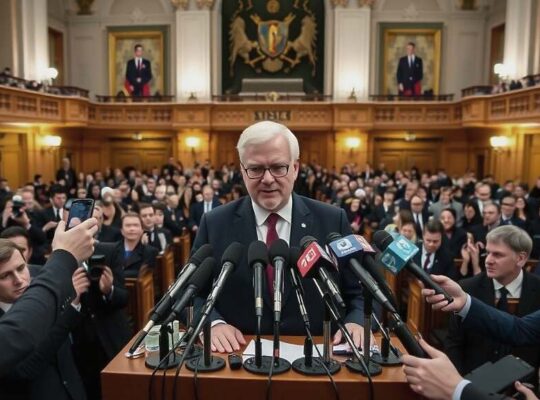The debate surrounding a potential ban of the Alternative for Germany (AfD) party has intensified, with Bavarian Minister-President Markus Söder publicly rebuking President Frank-Walter Steinmeier’s more conciliatory stance. Söder, in an interview with “Bild”, argued that a ban would be counterproductive, likely creating a “false martyr status” for the party and potentially galvanizing its support base.
Söder’s comments represent a divergence in opinion within the German political establishment regarding how to address the rise of the far-right party. While Steinmeier has emphasized the importance of upholding democratic principles and avoiding actions that could be interpreted as censorship, Söder advocates for a strategy rooted in addressing the underlying societal anxieties that fuel the AfD’s appeal.
“Our line is clear” Söder stated. “Citizens expect reasonable policies that take their concerns seriously. Dissatisfaction and insecurity, which radical forces exploit, cannot be prohibited”. He suggested that tackling the nation’s challenges directly, rather than resorting to a ban, would naturally diminish the AfD’s influence.
Despite rejecting a ban, Söder firmly ruled out any possibility of cooperation with the AfD, citing its stated policy positions as fundamentally incompatible with Germany’s national interests. He specifically referenced the party’s calls for Germany to withdraw from both the European Union and NATO, branding them as dangerous and detrimental to Germany’s security and prosperity. This unambiguous rejection highlights the deep ideological chasm between the CSU and the AfD, even as both operate within the same political landscape.
The disagreement underscores a crucial fault line within German politics: whether to confront the AfD through legal channels or to prioritize addressing the socio-economic conditions that have allowed it to gain traction. Söder’s insistence on addressing the root causes while rejecting collaboration is likely to be interpreted as a pragmatic – if potentially risky – strategy to marginalize a party increasingly vocal in its critique of the established order.












